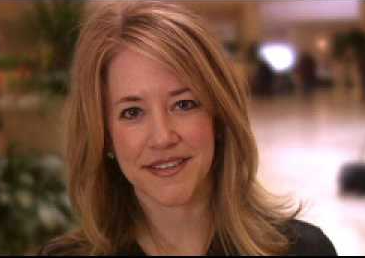By John Lovett
U of A System Division of Agriculture
FAYETTEVILLE, Ark. — The Center for Arkansas Farms and Food will hold a fundraising event 5-7:30 p.m. on Oct. 19 to support the Farmers for Tomorrow fund, a new program to help Farm School and Apprenticeship program graduates start their farm business.
FARMERS FOR TOMORROW — Graduates of The Center for Arkansas Farms and Food's Farm School and Apprenticeship programs can be supported through the new Farmers for Tomorrow fund. (U of A System Division of Ag photo)
The event will occur at the Milo J. Shult Agricultural Research and Extension Center, 1005 W. Meade St., in Fayetteville. The Center for Arkansas Farms and Food (CAFF) is a part of the Arkansas Agricultural Experiment Station, the research arm of the University of Arkansas System Division of Agriculture. If it rains that evening, the event will be held at the Don Tyson Center for Agricultural Sciences near the farm at 1371 W. Altheimer Dr.
Farmers for Tomorrow was established to help new farmers who have invested their time in their farm training through CAFF’s Farm School and Apprenticeship programs. The fundraising event will feature canapés from Chef Micah Klasky of The Hive, made with fruits and vegetables grown by CAFF students. The Creek Rocks, featuring musicians Cindy Wolf and Mark Bilyeu, will also perform. Wines from Arkansas wineries, beer from local breweries and a cocktail prepared with Arkansas fruits will also be served. A selection of non-alcoholic drinks will be available.
“Starting a new farm can be very expensive for first-generation farmers whose dream is to work the soil and provide healthy foods for their communities,” Heather Friedrich, program manager for CAFF, said. “Aside from land, the bare start-up essentials for fruit and vegetable production add up quickly.”
Once former CAFF Farm School students or apprentices have acquired farmland in Arkansas and are ready to break ground, they can apply for start-up funds from Farmers for Tomorrow, Friedrich said. The funds are designated for purchasing tools, equipment, irrigation materials and seeds.
“Students who’ve completed the CAFF programs have positioned themselves to succeed in farming,” Friedrich said. “They’ve trained in small farm production and farm entrepreneurship. Once they’ve acquired their farmland, they are well on their way to providing food for Arkansas. Farmers for Tomorrow can give these new farms a boost to launch. Ticket purchases and donations are an investment in our community’s regional food system, the local economy, and food security.”
General admission tickets to the Farmers for Tomorrow fundraiser are $65 per person, or $1,200 for reserved tables of six people. Event tickets include complimentary food and drinks. Tickets may be purchased in advance at the event website, http://farmersfortomorrow.org/.
For those who may be unable to attend but still wish to support Farmers for Tomorrow, please visit the website and click the “Donate to Farmers” button at the top of the screen.
To learn more about Division of Agriculture research, visit the Arkansas Agricultural Experiment Station website: https://aaes.uada.edu. Follow on Twitter at @ArkAgResearch. To learn more about the Division of Agriculture, visit https://uada.edu/. Follow us on Twitter at @AgInArk. To learn about extension programs in Arkansas, contact your local Cooperative Extension Service agent or visit www.uaex.uada.edu.



















